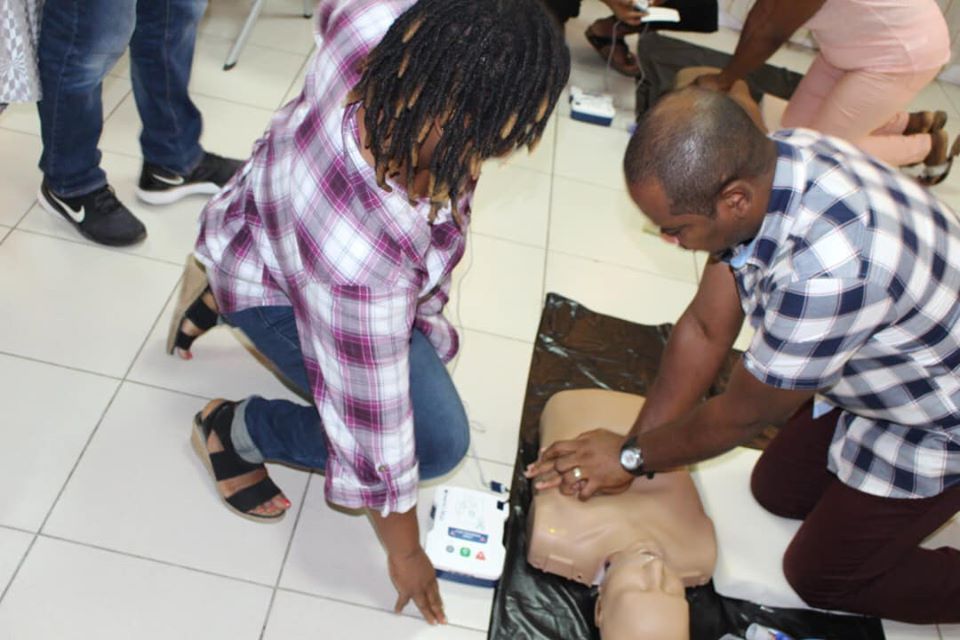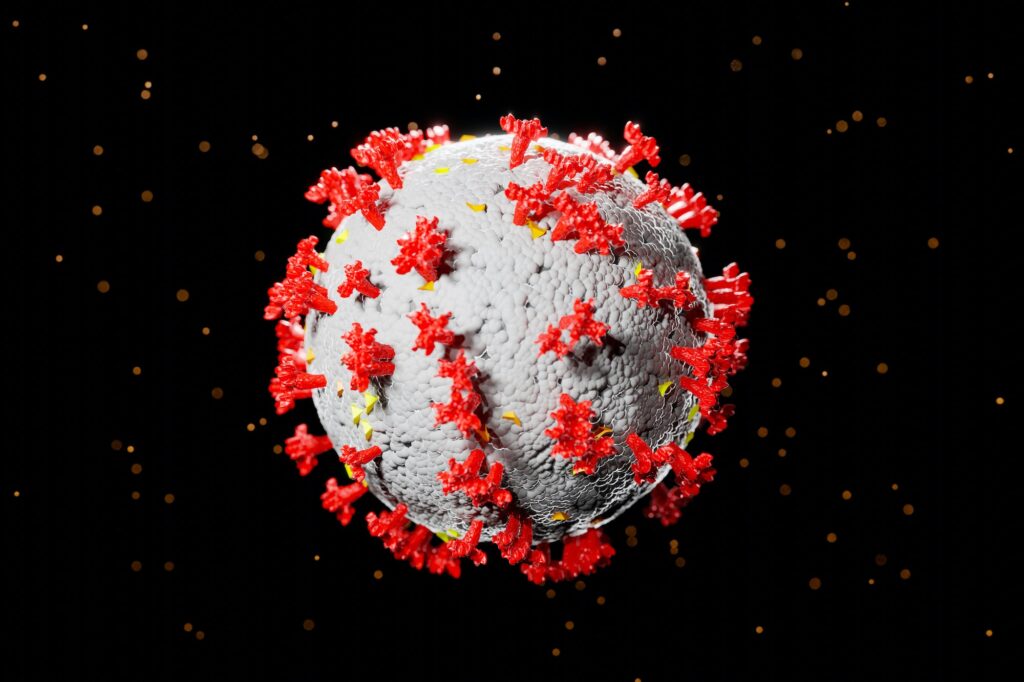CPR Training

Doctors, Nurses and emergency assistants of the Trust Hospital have undergone practical training in Cardiopulmonary resuscitation (CPR). This training served as a refresher course; and showed life-saving techniques that are useful in many emergency situations.
When is Life?

Isn’t it amazing how time flies? Do you remember that a few years ago you wanted to finish schoolwork and start working? How long ago was that? So it’s been almost a decade since Suarez and Asamoah Gyan broke the heart of Ghanaians? So when exactly is life? Yesterday is memory. Tomorrow is just but […]
COVID-19: Virus or Fear?

One day, plague and fear were planning on attacking a certain village. In the meeting, they discussed how they’d kill the people of the village but whilst the meeting went on, an argument arose because they all wanted to kill more people. After hours of bouts of back and forth, they realized that they’d have […]


